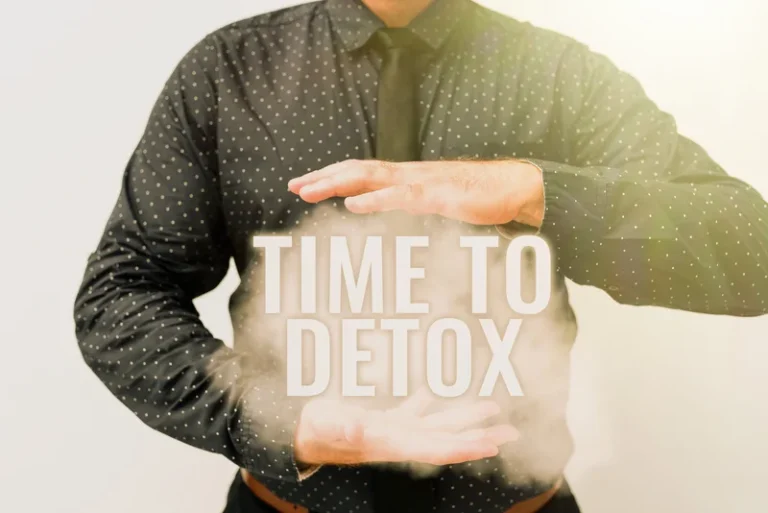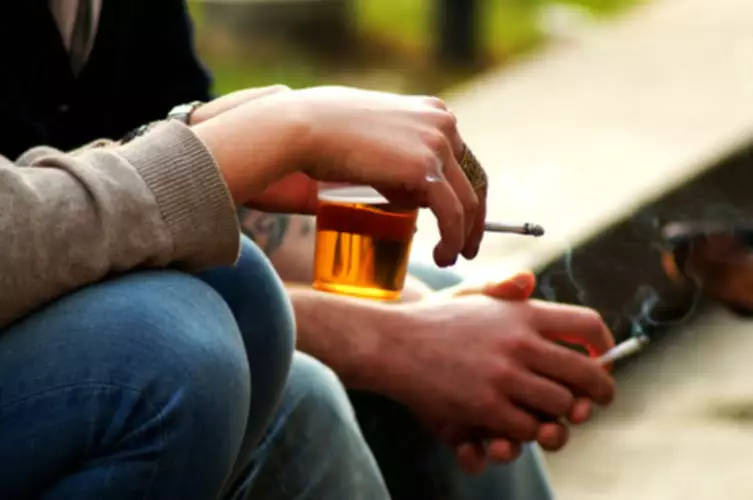
Getting support doesn’t have to mean going to rehab, although that is an option. Support can also look like joining in-person and online support groups. One 2020 study found potential benefits of combining in-person and online support methods.

Identifying and Dealing with Co-existing Mental Health Issues
However, relationships within the family may have been impacted by substance misuse and therefore, require mending. As described by the National Institute on Drug Abuse, there is not a one-size-fits-all treatment program for addiction. Therefore, it’s important to ask questions to ensure that the program you want meets all of your needs. There are multiple factors to consider, including https://ecosoberhouse.com/article/the-5-risks-of-drinking-after-work/ cost, reviews, licensing, accreditations, amenities, and treatments. With help from a healthcare professional, you can start looking for a treatment program that meets all of your unique needs. The fourth barrier was centered around the Big Book, whether it be its sexism, the we agnostics chapter, the 12-steps, or the Big Book Thumpers that try to force it down your throat.
Healthy Lifestyle Changes
- Sobriety is a lifelong journey filled with challenges and obstacles but also incredible rewards.
- For more severe addiction issues, healthcare professionals may suggest inpatient care, which requires you to live onsite at the hospital or facility for the duration of treatment.
- There’s no shame in asking for help, and it can be a crucial step in maintaining Sobriety.
Even if they’re not recovering alcoholics themselves, those you talk to are likely invested in your wellbeing and will work with you to resist temptation and lessen the likelihood of relapsing. According to AA, about 26% of individuals maintain sobriety for over a year within the program. It’s essential to discuss your feelings, fears, and achievements during this process. Transparency builds trust within support networks, making it easier for them to provide appropriate assistance when needed. Connecting with others who are also on the path towards sobriety offers unique benefits.
How to Get Sober: A Guide to Sobriety
If you don’t have a family or strong social circle to return to post formal treatment, a personalized plan may include interpersonal therapy, which can help you build a healthy social network. This research-based technique has been shown to support sobriety. Recovery isn’t a one-size-fits-all situation and even though there are a lot of people around the world who getting sober without aa swear by Alcoholics Anonymous, that doesn’t mean it’s for everyone. The key to lasting and long-term recovery from alcoholism on your own will come from taking away the best aspects of Alcoholics Anonymous and drug rehab and incorporating those practices into your daily life. AA has more than 2 million members worldwide in over 100,000 locally supported groups.
Unlike other treatments that require immediate abstinence, the Sinclair Method allows you to keep drinking when you start naltrexone. While Alcoholics Anonymous (AA) is arguably the most well-known treatment for alcohol use disorder (AUD), it is not for everyone. Many people who have AUD don’t want to abstain from drinking entirely and instead seek treatments that reduce drinking. And others have the goal to quit drinking, but don’t find other aspects of AA to align with their values. One of the best middle-ground options out there is online treatment. Although it can’t help with medical detox, practically every other aspect of a well-rounded rehab program can be done through the convenience of telehealth.
- People started to stop and talk to me, engage with me, and bring me books to read, clothes, and home-cooked food during the holidays.
- With a bustling online community and local meetings throughout the United States, LifeRing Secular Recovery is an alternative to traditional, spiritually based, 12-Step programs such as AA.
- She holds a bachelor’s degree from East Carolina University, a master’s degree from West Virginia University, and a PhD from Western Michigan University.
- Absolutely, there are many alternative methods such as sober living programs, therapy, and lifestyle changes that can lead to long-term sobriety.
- Understanding them can help you manage these challenges effectively.
- I’m 9 years sober, and I’d like to explore 8 powerful strategies I used to create fulfillment in a life of recovery.
But, I feel really proud that I was able to recover in a way that makes me happy and that truly resonates with me! No support group aimed at quitting alcohol forever will work for you if you don’t really want to quit. One of the principles of AA (I think it’s even the first one) is to admit that you’re powerless over your addiction. Today I want to shed some light on my brief experience with the network and share 8 reasons why I chose to get sober WITHOUT AA. However, for those who don’t really vibe with it, it’s important to know that’s okay too. There is no one-size-fits-all approach to sobriety, and that needs to be said.

- It also promotes confidence and structure, which are important to recovery.
- Yes, trying to love yourself and building routines that empower you with self-belief is essential.
- Matthew Perry was just one of many celebrities whose weekly whereabouts would alternately display their shiny, happy mugs and/or much less happy mugshots splashed across tabloids.
- Your recovery journey is yours for a reason – no one else can do it for you, and no one else can tell you where or when you should be on that recovery path.
- Building a structured daily routine provides stability and reduces the chances of relapse.
Detox and Rehab


